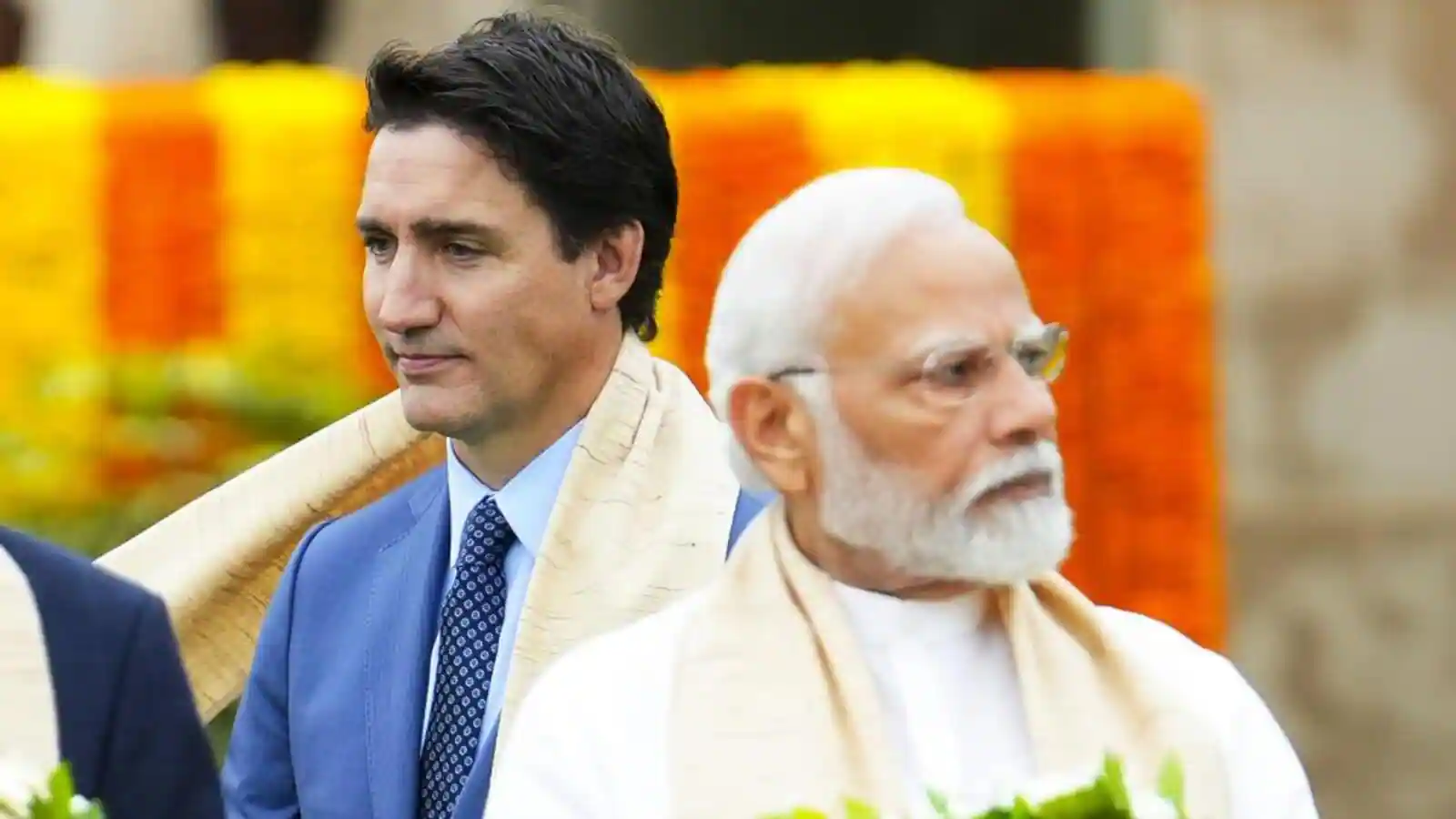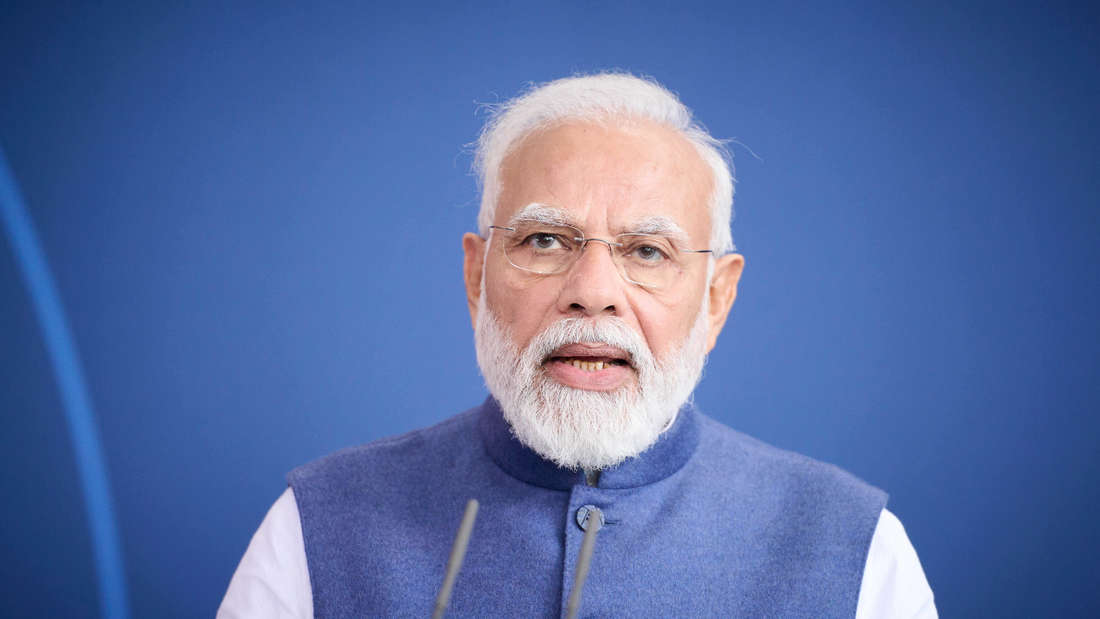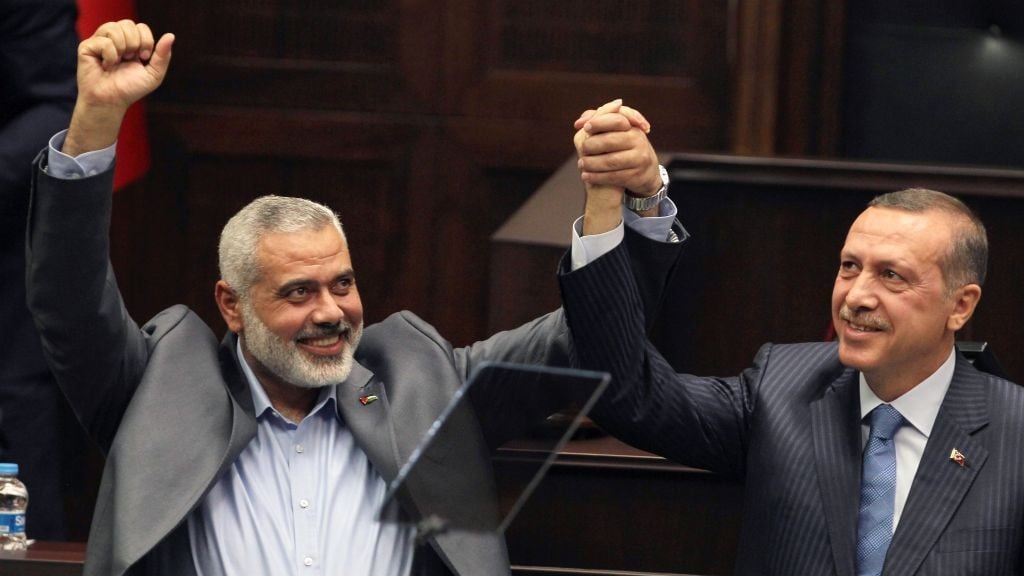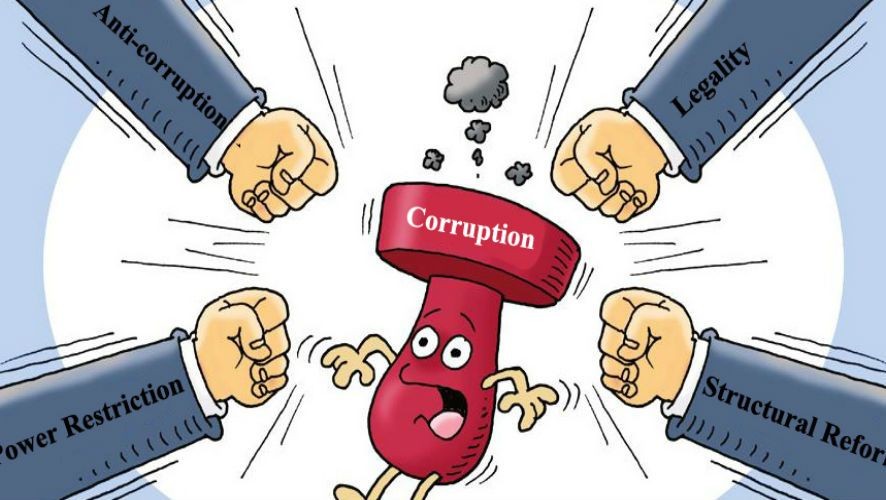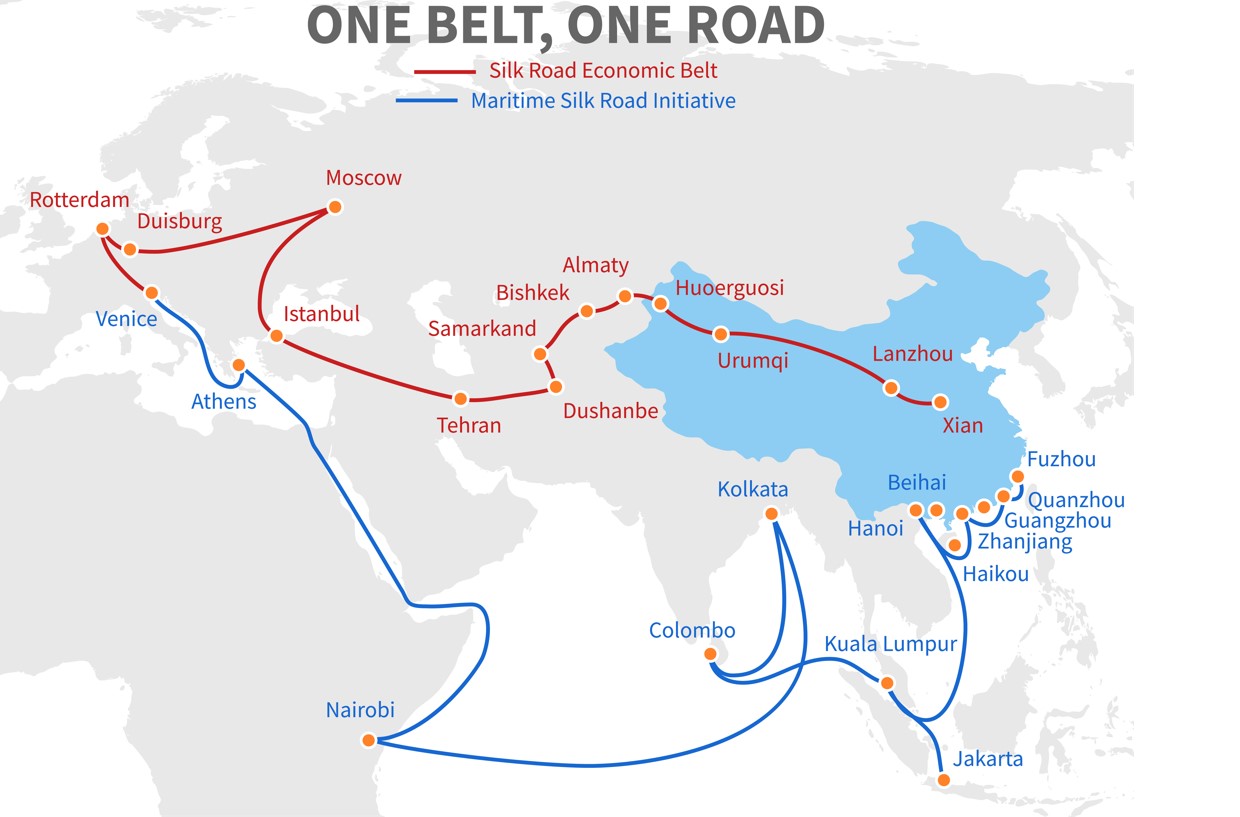For many years, the controversial topic of foreign funding in India’s domestic affairs has sparked discussions, legal disputes, and political turmoil. Despite playing a crucial part in assisting numerous NGOs and civil society activities, it has come under fire for having the capacity to affect the domestic politics and policies of the nation. This article examines the complex issues surrounding foreign involvement in India’s domestic affairs, looking at both its advantages and disadvantages.
Recent events in India have highlighted the possibility of Chinese interference in the country’s media environment, sparking a much-needed conversation on the issue. Comparing this situation to that of the United States, which is hailed as a champion of free-market capitalism, it is important to note that foreign investment in two crucial industries, media, and defence, is carefully regulated. For instance, before buying American companies, media mogul Rupert Murdoch had to change his nationality and become a citizen of the US. India has followed the American strategy in this regard. According to a slightly anecdotal story, a foreign business journal was confident that India’s foreign direct investment (FDI) laws would be loosened, enabling its entry into the Indian market many years ago.
However, due to reportedly vehement opposition from Indian print media tycoons, this did not happen. Even the most ardent supporters of the unlimited capital movement must now concede that the Indian government made the right choice by choosing not to engage in such “liberalisation.” It is obvious that we may learn from the US government’s errors as well as its wise policies.
Newspapers, magazines, radio stations, and TV channels are already subject to limitations, but the expansive internet introduces new difficulties. It becomes difficult to determine foreign ownership of Indian websites, content providers, or uploaders, which puts a strain on our ability to regulate effectively. This is where we see a lot of our laws’ weaknesses being used by so-called NGOs and think tanks that are heavily sponsored by foreign organisations trying to sway the information landscape in our nation.
It is vital to stress that information flows directed or controlled by foreign entities are not necessarily an issue; rather, the devil is in the details. The delicate nature of this subject is demonstrated by a historical example. Salman Rushdie’s “The Satanic Verses” was not allowed to be published by the Delhi-based government of India due to import limitations imposed by the Customs Acts. Although it is still uncertain whether Rushdie was punished because of his British nationality or Indian ancestry, it appears that his animosity towards some former VVIPs in Delhi was a major factor in the severity of his punishment. These details matter.
Pakistan and China immediately come to mind as antagonistic nations, with their protracted disputes and intricate alliances. India’s relationship with China, which was once the product of Deng Xiaoping’s pragmatic strategy, has been strained, effectively pulling India towards the West despite doubts and scepticism about embracing these potent allies. The recent rival named by India is “Sanctimonious Canada.” It is perfectly legitimate to have some scepticism towards websites, content providers, NGOs, and think tanks with ties to these nations.
In light of the symmetry principle, it becomes clear that information-disseminating organisations under Indian authority working in Islamabad, Beijing, or Ottawa would probably not be well-received. They would probably be imprisoned in the first two nations, although in the third, they might be accused of being covert Nazis and suffer financial consequences. The Indian government should think about using a scalpel in this situation rather than an axe because of its greater precision. Our skilled employees at the Income Tax Department are best suited to deal with these intrusive foreign groups. The cries for media freedom and humanitarian concerns have been effectively quieted by credible accusations of tax evasion against international broadcasters and NGOs. While paying taxes may not be enjoyable for Indians, there is some satisfaction in seeing foreigners receive these notices, which are increasingly sent by email and are bilingual.
Tax notices that are bilingual are like a surgical instrument, whereas terrorism-related accusations are like a blunt instrument. Why use an axe when a scalpel would work just as well?
The US Information Service and the Soviet Embassy, respectively, supported the publications Span and Soviet Land in the 1950s and 1960s. These journals lavishly compensated the Indian writers who contributed questionable material. The more things change, as the saying goes,
It is now said that NRI journalists and self-described Indian intellectuals in Delhi are highly compensated for their work. A small number of India-critical people are frequently consulted by self-appointed organisations, often with bias, to generate bizarre papers bemoaning the state of our country. Why they avoid interacting with residents of Bhulabhai Desai Road or Indira Nagar is worth considering.
It is crucial to exercise caution when dealing with Pakistan, China, and Canada, as well as all other foreign sources of financing, patronage, and influence, in light of historical attempts to obstruct India that date back to the 1950s. It is important to stress once more that charges for income tax evasion are not only more sophisticated but frequently sufficient to deal with these problems.



